Uncertain times until referendum verdict
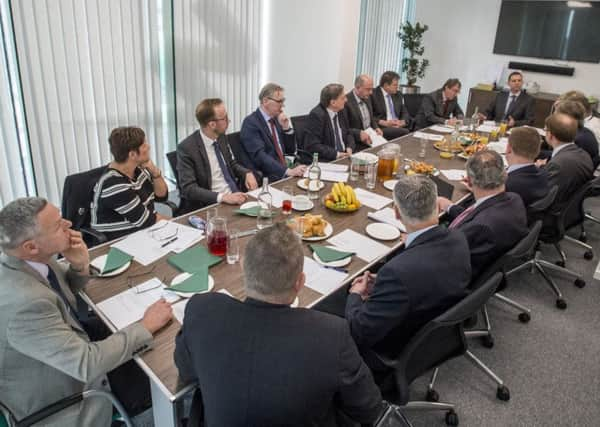

Mike Hirst: We have talked about it, but we have made no formal plans in the company or the pension scheme. Export is 70 per cent of turnover, 45 per cent directly with Europe.
Chris Taylor: A lot of our trade agreements are with the EU not the UK. At some point they will have to be renegotiated. It would take a while to kick in but the administrative burden of dealing with Europe would be much greater than now.
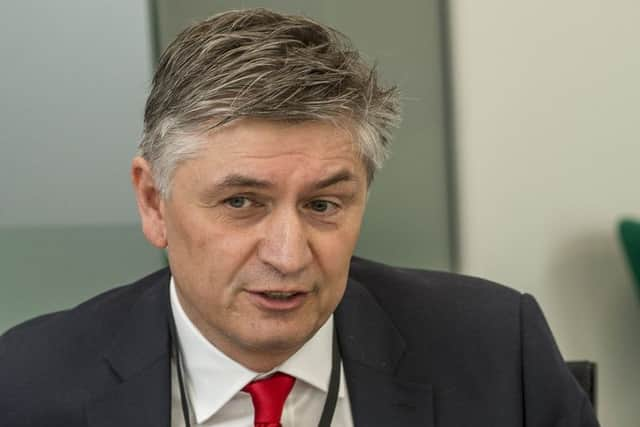

Advertisement
Hide AdAdvertisement
Hide AdMatt Wilcox: At board level there’s more focus on making sure they fully understand where they are trading, the likely impact of Brexit and what might happen with sterling.
Zoe Fearnley: As an engineering company the biggest uncertainty is the possibility of tariffs that might be applied and whether the cost of products will go up. Our biggest customer is automotive and I understand tariffs would be applied there.
Paul Houghton: HSBC has said they would anticipate a 10 to 15 per cent drop in sterling, you can apply that to your business. For exporters there would be positives but it could take three years plus to sort out.
Mark Serby: If we came out and it led to a downturn in business it would be very serious for us. We are predominantly a commercial law firm
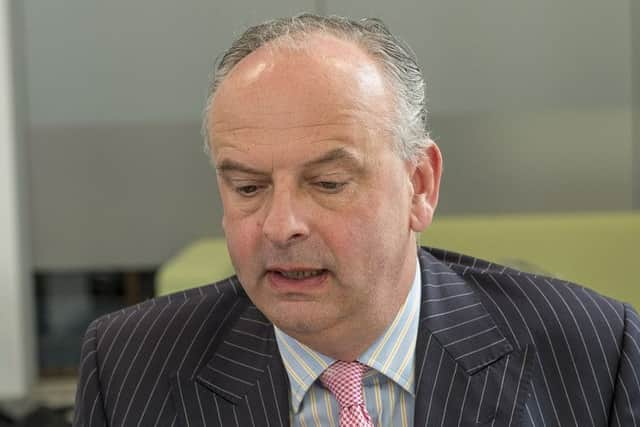

Advertisement
Hide AdAdvertisement
Hide AdClare Ibbotson: What parts of your business are affected? If you buy products, are you maintaining good relationships with those people, that’s going to be critical. It’s not just about trade barriers, there are lot of other things built in that we take for granted including the free movement of labour.
Ray Boulger: The biggest risk is that we have a really close result prompting calls for another referendum.
Peter Prowse: The working time directive in Britain is 28 days of paid holiday leave for a full time worker but in Europe the average is 20 days. The national living wage is not set by Europe it is set by our government. It will be £9-an-hour by 2020. We have a lot of European students and a lot of research is set up by European funding that will stop if we are out of the European Union.
Ray Boulger: The EU has been negotiating for a trade deal with the States for nine years. Perhaps on its own the UK would be a lot quicker.
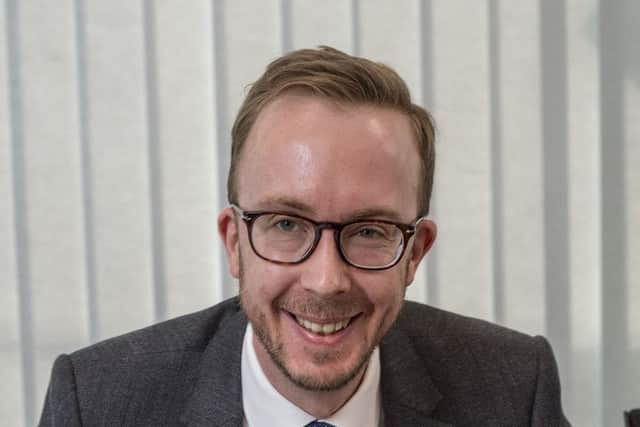

Advertisement
Hide AdAdvertisement
Hide AdIan Walker: TTIP is under threat down to Europe not agreeing to some of the US environmental regulations.
We are investing in capital equipment and focusing on growth outside Europe.
We make a net contribution of £8.5bn to the Europe. Chinese students pay £38,000 a year for a University of Sheffield education. The long-term uncertainty is peace in Europe, it’s the peripheral countries and I think that’s what’s really worrying political leaders
James Lanchbery: It would hand a card to Putin who sowed instability in the Ukraine.
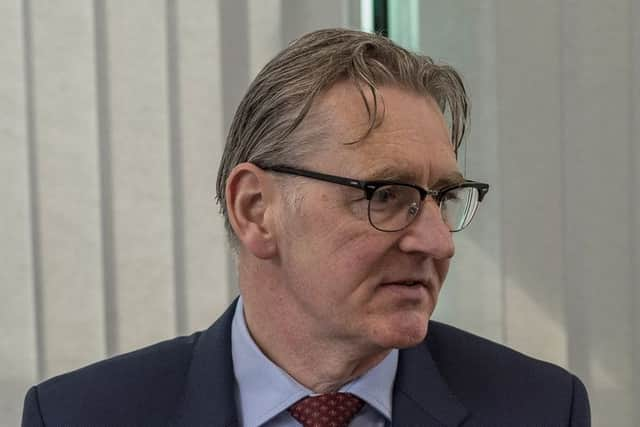

Advertisement
Hide AdAdvertisement
Hide AdChris Taylor: The structure of our company is such that we are not beholden to shareholders or external organisations. It’s easier for us to wait, we can make changes quickly. For the younger generation, it’s harder for them to see not being part of that community. You can look outside Europe, but you have to invest time and money to get any business back.
Zoe Fearnley: We haven’t put anything on hold, but I can feel that a lot of customers have paused due to the EU, the steel crisis and cheap oil hitting production. It’s a triple whammy, in Aberdeen it’s deadly quiet. I heard a quote that if we come out we’ll have no influence, little power and few friends. But trade agreements are being negotiated on our behalf with a lot of different countries without ourselves as the number one priority.
Paul Houghton: Its about hearts and heads – a lot of our discussion is head but others are more ‘heart’ such as immigration and organised crime.
Matt Wilcox: The drive for this referendum is largely about immigration. I don’t see that going away with the question of Turkey and its 70m people and increasingly people from across Africa. I don’t think Europe as a whole has got to grips with that.
Advertisement
Hide AdAdvertisement
Hide AdClare Ibbotson: If you look at those who aren’t in but have trade agreements, such as Norway and Switzerland, they all have some migration quota.
Mark Serby: We should make the effort to understand the difference between a refugee and an economic migrant. I’m very keen to keep the doors open to certain kinds of people. Some 85 per cent of overseas immigrants in this country are economically active. It’s not correct to say we have been swamped


Terry Regan: Why wouldn’t the rest of Europe want to trade with us?
Ian Walker: I have no problem with the free movement of labour, we have all benefited from Polish builders and plumbers and Serbian and Slovak workers. Wrongly, the referendum will be decided on immigration, but it is the emotive issue.
Advertisement
Hide AdAdvertisement
Hide AdPaul Houghton: People will go with their heart on whether they risk losing their job or house prices. People try to make it simple but it is far too complicated.
I’m not sure holding a referendum is the right way, that’s why we elect politicians.
Ian Walker: Objective One has been very beneficial but we pay more into Europe than we get back.
If the UK government wants to support South Yorkshire they can pay it directly from London and not via Brussels.
Advertisement
Hide AdAdvertisement
Hide AdRay Boulger: About a third of EU expenditure is on the Common Agricultural Policy and fisheries, both areas where the UK does badly.
Zoe Fearnley: Ashton’s move from a rundown building on Sydney Street to Cortonwood in Barnsley was assisted by Objective One.
Mike Hirst: We received Objective One funding of £3m for disposable scalpel assembly machines.
Paul Houghton: Northern cities have greater say due to devolution deals. The £400m Northern Powerhouse investment fund shows government understands paying to develop northern cities is critical.
Advertisement
Hide AdAdvertisement
Hide AdMatt Wilcox: We need to be making more stuff, we have a huge trade deficit and we’re too reliant on people investing money here. How much money does the UK make out of exporting services? There are no agreements on trade in services, they’ve been debating it for years.
Clare Ibbotson: There is a £20bn surplus in financial services between Britain and the EU. As well as them needing us, we need them. I read a lot of foreign banks use London as a passport into Europe.
James Lanchbery: The City of London is quite worried about Brexit, France and Germany would like to have a piece of the action.
Paul Houghton: We are a gateway into Europe for the US, Chinese and India, potentially for that to go wrong is significant
Advertisement
Hide AdAdvertisement
Hide AdIan Walker: The chief executive of Toyota said it would be a disaster if we didn’t join the euro. I
t’s very easy for corporations to say they want one currency in the world and one trade deal, but this is all about democracy.
We have brought forward some of our capital investment while it is still cheap to do so.
Billy Greenhalgh: A lot of my clients are trying to cut through the politics because there is so much that is untrue. Sheffield Forgemasters would still be the largest supplier of steel rolls into Russia
Advertisement
Hide AdAdvertisement
Hide AdMatt Wilcox: There’s not much positive debate, it’s all fear.
John Baddeley: We did a poll in the office and had a 47 per cent turnout among 100 staff.
Some 74 per cent wanted to remain. It was very easy to do, but for the real vote people actually have to go to the polling station.
Ray Boulger: You’ve got to look 10 to 20 years ahead.